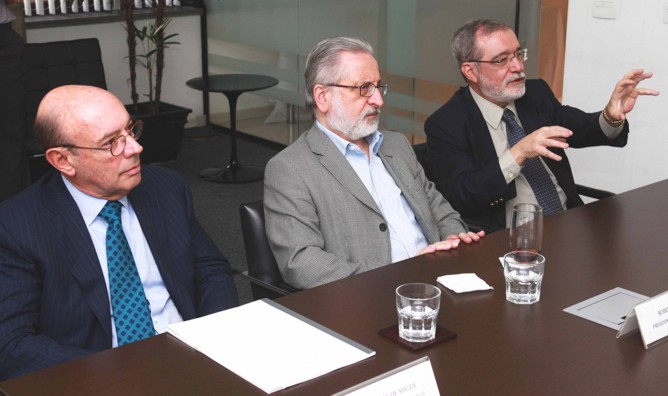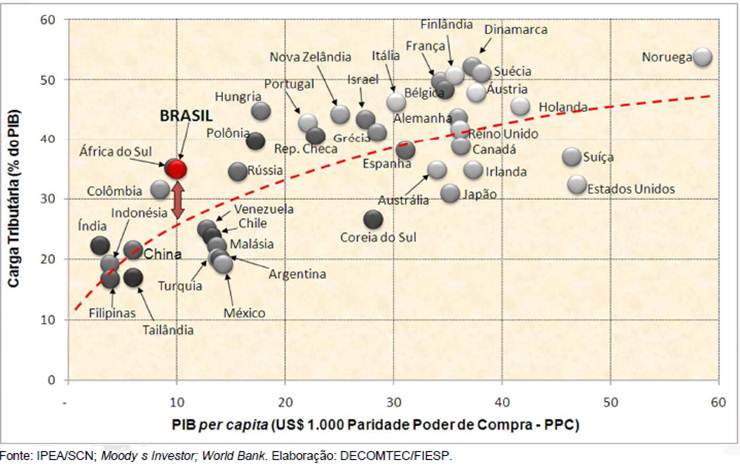The Supreme Federal Court (STF) chose yesterday to exclude the Tax on Circulation of Goods and Services (ICMS) from the PIS / Cofins calculation base in a specific case. The decision shows how the Court should position itself definitively, within a few weeks.
The extraordinary appeal 240.785, appreciated yesterday, had been stuck in the Supreme Court for almost 16 years - since 1998. Taken to the plenary for the first time in 2006, six ministers gave a favorable opinion to the taxpayer, reducing the calculation base. At the time, only retired minister Eros Grau voted against the exclusion.
Despite the opinion of most of the STF, Minister Gilmar Mendes asked for views to better study the case. He returned the lawsuit in 2007. Since then, the trial has remained pending.
Yesterday, in a long exposition of his vote, Gilmar Mendes stated that a result of the exclusion of ICMS from the calculation would be a rupture in the Brazilian tax system. According to the minister, if an exception is made, the same reasoning could be applied in relation to other taxes.
He even added that the exclusion of ICMS from the calculation base “does not result in a reduction in the Brazilian cost”. This is because such a decision would increase legal uncertainty in the country.
Mendes also explained that the decrease in the Cofins calculation base would have limited effects. For him, compromising the financing of social security only creates the need to find other sources of funds for social security, which is already deficient.
Despite the arguments presented, Minister Celso de Mello ended up following the opinion of most ministers. Minister Rosa Weber chose not to vote. With that, the vote ended in seven votes against two.
Source: DCI





